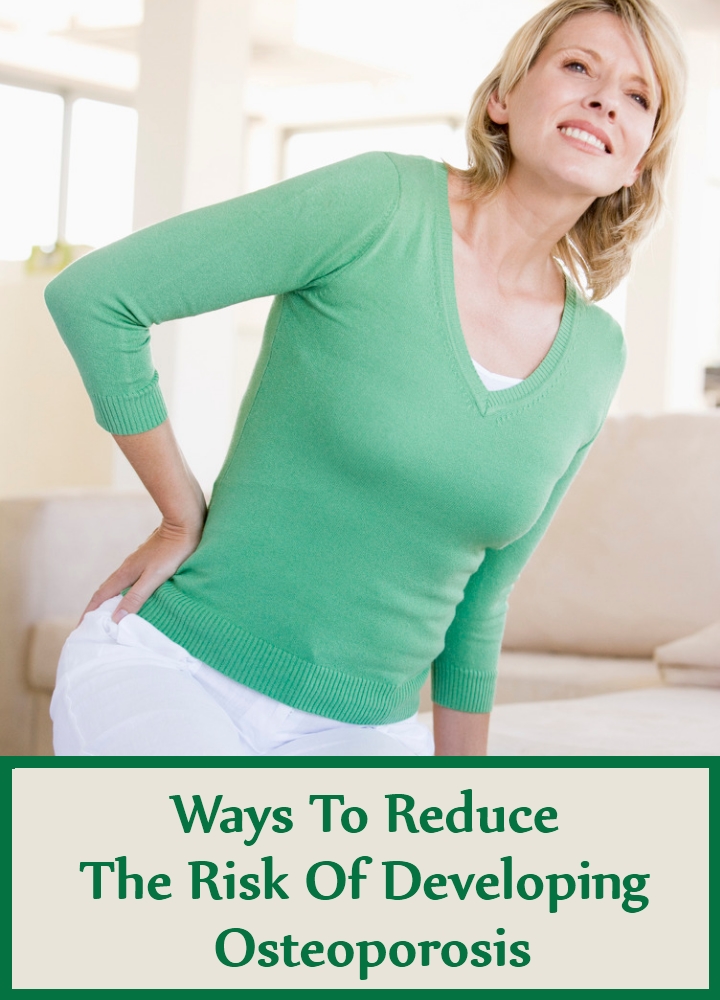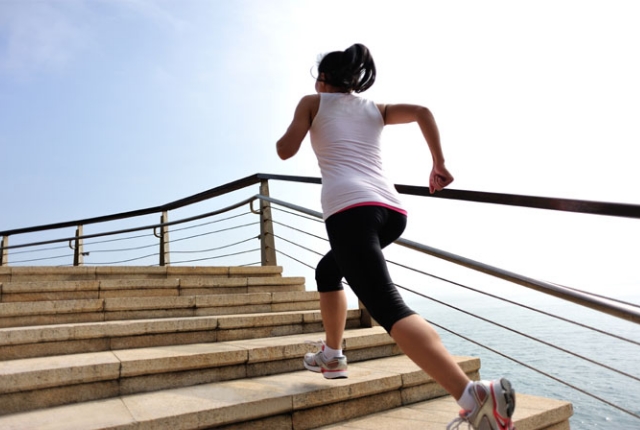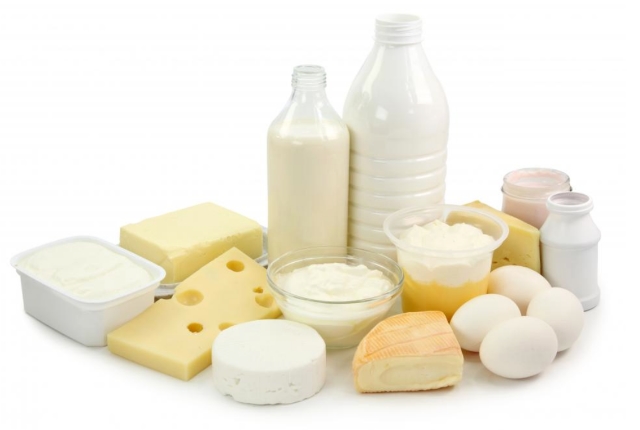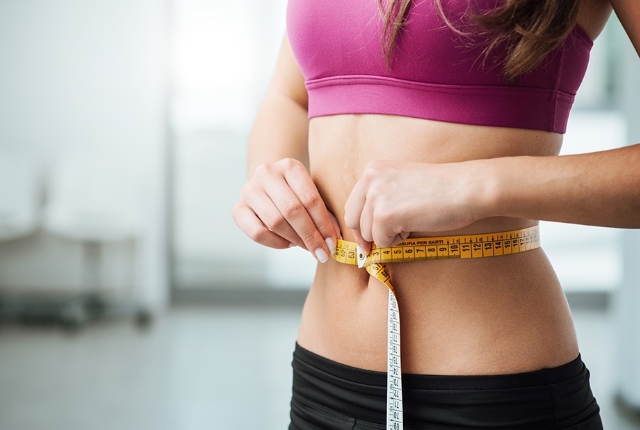Table of Contents
Osteoporosis is thinning of bones or porous bones. From the age of 35, bone density starts reducing. As you grow older your bone becomes less dense and less strong. If you have osteoporosis, they become weak and may break even from minor fall, bump or sneezing. Millions of people have low bone mass, which place them under the risk of developing osteoporosis. The amount of bone loss may vary. The milder degree of bone loss is called osteopenia. If you have higher amount of boneless, you have osteoporosis. Studies reveal that nearly one in two women and one in four men after 50 are at the risk of osteoporosis. Women after menopause are more at risk as their estrogen level drops. Building strong bones from early age can help you avoid pain and suffering caused by thinning of bones. There are many steps you can take to reduce the risk of developing osteoporosis. Osteoporosis is more prevalent these days due to poor diet and life-style. Besides aging, risk factor includes smoking, drinking too much alcohol, family history and being inactive physically and not getting enough dietary calcium.
Here Are The Ways You Can Avoid Developing Osteoporosis:
1. Build Strong And Healthy Bones
Reducing the risk of developing osteoporosis begins with caring for bone health form very early age. Bones are living tissue; your skeleton grows continually till birth and achieves its maximum size and strength till you become young crossing the teenage that is on your early adulthood (around20s) higher the bone mass is acquired during younger age, lower will be risk for osteoporosis. Once you acquire pea bone mass, it is maintain by a process known as remodeling, which is a continuous process of bone resorption and formation. This renewal of bone determines your bone strength throughout life. If the rate of resorption is higher than rate of bone formation, you are susceptible to bone loss or thinning of bone. Building strong bones at young age with proper exercise diet and good lifestyle can reduce your risk of developing osteoporosis as you age.
2. Exercise Regularly
Regular exercise is necessary to avoid onset of osteoporosis. Exercise can slow bone loss by helping you build strong bones. Exercise will surely benefit anyone trying to build bones, but starting early at young age will reduce the risk of bone loss completely. Combine weight bearing, strength training and balance exercises. Weight bearing exercises like walking, jogging, skipping ropes, weight lifting and running etc. helps to strengthen the bones of lower spine, hips and legs. Strength training is good for strengthening the bones and muscles of upper spine and arms. Balancing exercises like yoga and tai chi will help the risk of falling in old age.
3. Get Enough Dietary Calcium
Along with regular exercise good nutrition is essential for building strong bones. Not getting enough dietary calcium is another major risk factor for osteoporosis. Calcium is a mineral that are essential for making bones strong and for many other bodily functions like muscle contraction and signaling nerve transmission. When blood calcium level falls, body starts withdrawing calcium and other minerals from bones and bone weakens. This is why older people are advised to calcium and vitamin D supplement for maintaining bone density. The recommended daily dose for women over 50 of older men over 60 are 1200mg of calcium. Men and women in between the age of 18 and 50 need to consume 1000mg. of calcium per day. Good dietary sources of calcium are: low fat dairy products, soy products, dark green leafy vegetable and oily fish like salmon and sardine. Consider taking calcium supplement when you are not getting enough calcium from foods.
4. Vitamin D
Vitamin D helps the body to absorb calcium and crucial for bone health. When your skin comes in contact with sunlight, vitamin Dis produced in your body. But if you regularly use sunscreen or avoid sun entirely due to risk of skin cancer, you may be deficient in vitamin D. For people with very limited sun exposure and not getting vitamin D from food sources supplement may be needed. The recommended dose for an adult is 600 to 800 units per day.
5. Get Enough Protein
It is easy to get enough protein in your diet. Protein is one of essential nutrient you need for building bones. If you are vegetarian get enough protein by including, legumes, nuts, soy and dairy in sufficient amount in your diet.
6. Maintain Your Body Weight
Excess weight or underweight both increases the risk of bone loss and fractures. Excess weight has been found to increase the risk of fracture in the arms and wrist.
7. Avoid Drinking Carbonated Beverages
Carbonated beverages like cola, soft drinks, champagne etc. have been shown leach calcium from the bones. They are high in phosphate, which causes calcium loss.
8. Avoid Acid Blocking Drugs
Many people rely too much on acid blocking drugs for acidity and heartburn. Stomach acid is needed to absorb minerals like calcium, potassium, magnesium and zinc. Blocking stomach acid increases the risk of osteoporosis.
9. Quit Smoking
Smoking is not only bad for heart and lungs but also bad for bone. Nicotine impedes the protective effect of estrogen on bones in women who smoke. It has been observed that women who smoke experience early menopause and are more prone to osteoporosis as bone density rapidly decrease after menopause. Smokers, both men and women are at higher risk of developing osteoporosis as smoking prohibits absorbing calcium from food.
10. Limit Alcohol Intake
Consuming excessive alcohol can be damaging for bones. Heavy drinkers can have risk of bone loss and fracture. Drinking may further increase the risk of falling.
11. Cut Down Caffeine Intake
The more you drink caffeine you lose calcium in urine. If you can’t restrict yourself from drinking caffeinated coffee, increase your calcium intake.
12. Eat A Nutritious Diet
Sugary and processed foods elevate insulin levels and increase the risk of osteoporosis. Include lot of fruits, vegetables, nuts, and beans etc. that are high in fiber which helps to lower insulin level.
Genetic factors also play a crucial role in determining the risk of getting osteoporosis. But you can surely reduce the risk by following a nutritious diet, regular exercise and above mentioned measures to reduce the risk of developing this serious bone disease.
Caution: Please use Home Remedies after Proper Research and Guidance. You accept that you are following any advice at your own risk and will properly research or consult healthcare professional.













